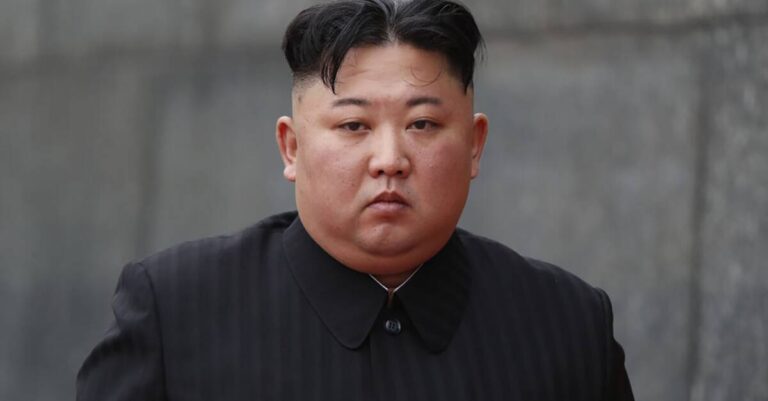North Korea’s economic turmoil has been escalating, and it’s no longer just a quiet cry for help—it’s a full-blown rebellion, albeit still concealed under layers of secrecy. As the country continues to face one of the world’s most severe economic crises, many of its citizens are openly defying the government’s measures, culminating in increasingly violent clashes with the police.
A Growing Rebellion Against Authority
In 2022, North Korea witnessed a troubling surge in violent confrontations between its citizens and the police. While the government has long tried to hide the grim reality of life for its people, a leaked report from Radio Free Asia reveals shocking new details about the scale of this discontent. According to the report, citizens, pushed to the brink by years of hardship, began physically attacking law enforcement officers, and these incidents continued for months.
From July to December 2022, several violent incidents were recorded in the Ryanggang province, a region located in the northern part of the country. The report disclosed that, during this period, many citizens resorted to physically confronting police officers as an act of retaliation against the government’s oppressive tactics. One striking incident involved a man and his son cornering a police officer by the roadside and severely injuring him. Their actions were motivated by a personal vendetta—the officer had insulted the man’s wife, accusing her of being complicit in a workplace loss.
As one local resident from Ryanggang confirmed, frustration with the police’s oppressive methods was palpable. He stated, “When we go to the market, we often see women arguing and pointing fingers at the police officers.” These incidents, once unheard of in North Korean society, now frequently lead to confrontations between ordinary people and the authorities, signaling a new and unsettling shift in the country’s social dynamics.
The Corruption at the Heart of North Korea’s Struggles
North Korea’s economy has been faltering for decades, and this has pushed many people to the edge. With little hope of financial stability, citizens have been forced to find their own ways of survival. One of the most common ways this manifests is through bribery—especially among police officers, who often demand money in exchange for leniency. However, the already dire economic conditions worsened further during the pandemic, and people’s patience has reached its limit.
The document that revealed these growing tensions sheds light on numerous instances of police officers engaging in corrupt practices. In one particularly eye-opening case, a man in Hyesan, a major city in Ryanggang, was stopped by a police officer for not having the proper documents for his vehicle. In response, the driver ran over the officer’s motorcycle and beat him until the officer lost consciousness.
This pattern of escalating tensions, fueled by the country’s economic decay and the police’s corruption, is having a profound impact on daily life in North Korea. As one resident stated, citizens are increasingly frustrated by the relentless exploitation they face at the hands of the authorities. This resentment is not limited to the police, but extends to the government as a whole, with ordinary people growing more bold in their defiance.
A Government Struggling to Maintain Control
The North Korean government has been responding to the growing unrest with a range of measures, including educational campaigns promoting respect for the law and stringent laws that punish violence against the police. However, these efforts appear to be falling short as citizens, fed up with decades of poverty and oppression, continue to push back against the regime.
For many, it seems like a breaking point is near. While Kim Jong-un’s regime remains in power, the deepening economic crisis and the rebellion it has sparked paint a grim picture for the future. The situation highlights a growing divide between the government’s tightening grip on power and the increasing resistance from its people.
In conclusion, North Korea’s current state is a volatile mix of economic failure, government repression, and a population that is beginning to reject the status quo. The country’s future remains uncertain, and it’s clear that the people’s patience is wearing thin. How this will play out in the coming years remains to be seen, but one thing is certain: change is brewing in a place that has long been known for its absolute control.





